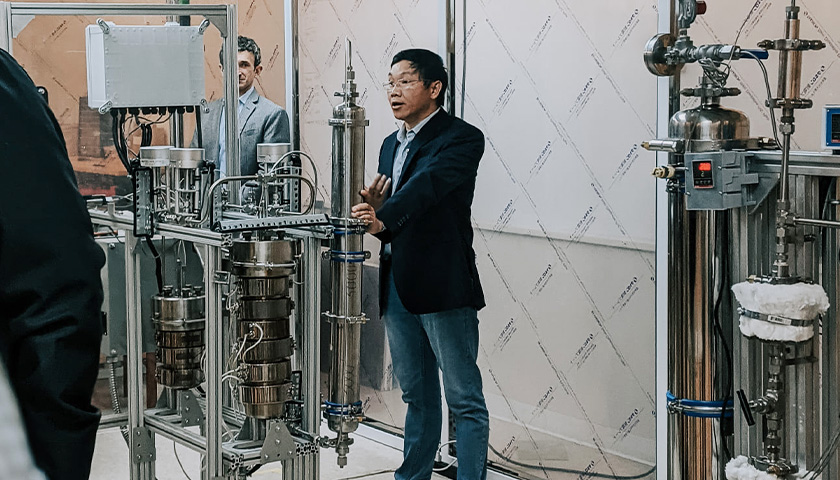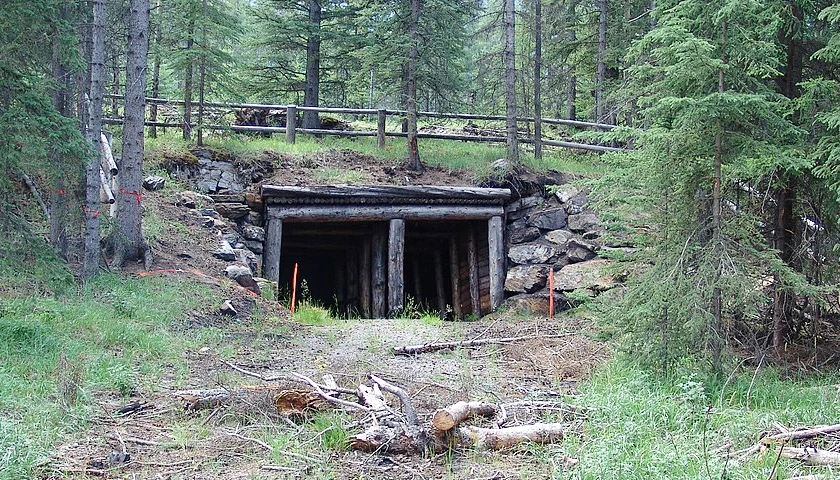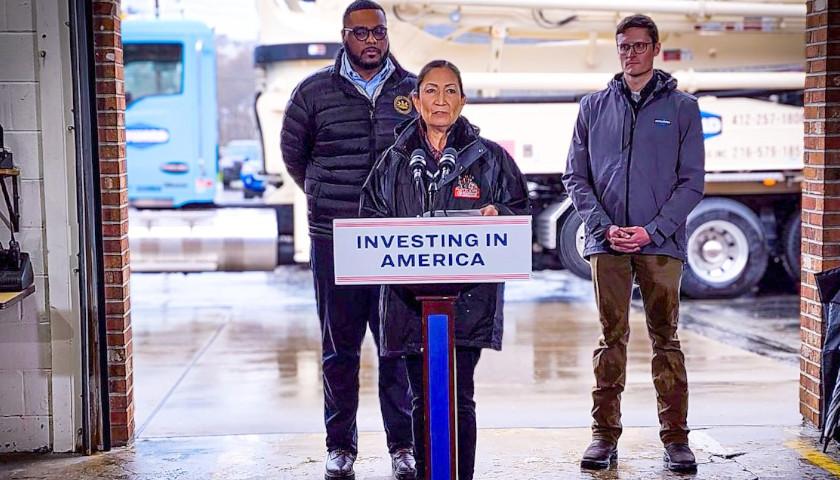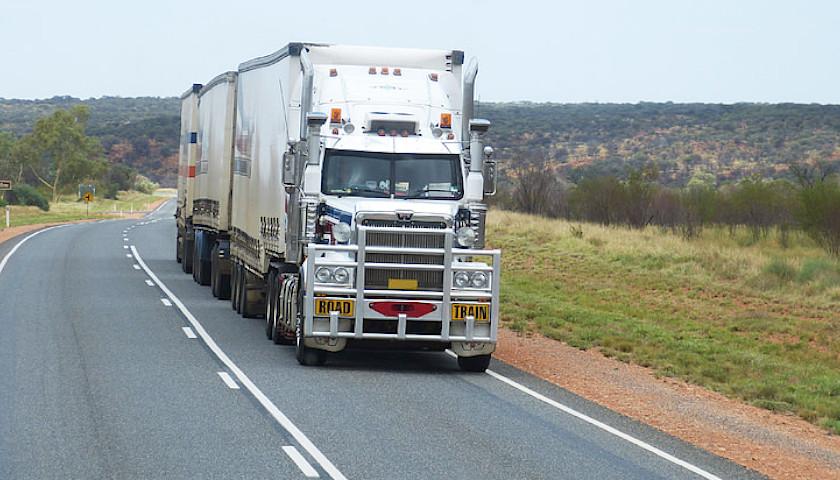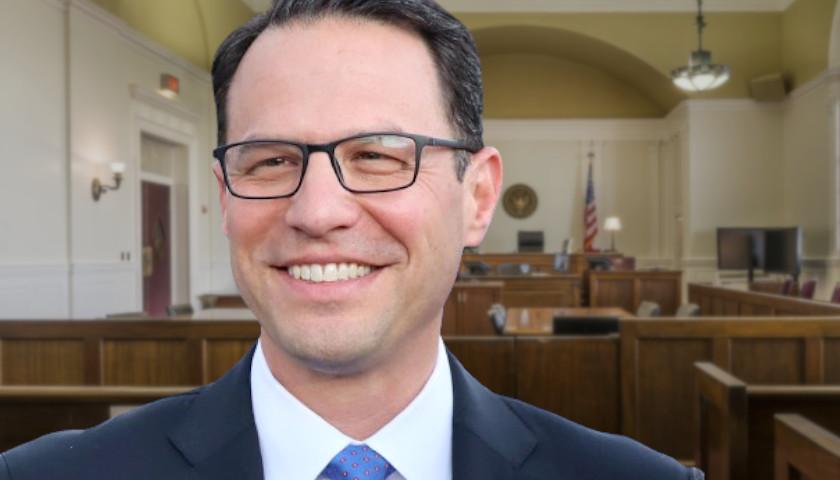by Anthony Hennen
As Pennsylvania lawmakers aim to lure billions of federal dollars for a hydrogen hub to the commonwealth, the General Assembly would need to reform the legal and permitting process to make it happen.
The intricacies of such action were center stage at a Senate Environmental Resources & Energy Committee hearing on Monday.
“I welcome this briefing because there is a lot going on here,” said State Sen. Carolyn Comitta, D-West Chester and the minority chairwoman. “There’s a lot of complex technological information, there’s a wide range of views in the environmental community, and in the business community. And there are a lot of important questions and some relatively significant – very significant – concerns.”
The committee heard from the leaders of state agencies as well as industry experts on carbon capture and storage, which takes carbon emissions from power generation and reuses or stores the emissions rather than releasing them into the atmosphere.
A hydrogen hub would be used to provide a centralized location for hydrogen and carbon storage, energy production, and industrial use, among other goals.
“While the prospects of carbon capture and the proposed hydrogen hub sound promising, it is important that the promise aligns with reality,” Comitta said.
Democrats emphasized the use of carbon capture as a strategy toward making Pennsylvania reach net zero emissions by 2050, whereas Republicans see economic opportunity.
“These technologies offer us a reasonable path forward to tackle greenhouse gas emissions without crippling our economy,” State Sen. Eugene Yaw, R-Williamsport, and chairman of the committee said in a statement. “I heard a lot of encouraging things today that reaffirm my belief that Pennsylvania can be a leader in this space. It will require a lot of regulatory precision of course, but if done right, it would be a gamechanger.”
To make carbon capture and a hydrogen hub into a gamechanger, lawmakers will need to adjust some permitting and legal requirements, such as wells used for carbon sequestration, noted Ramez Ziadeh, acting secretary of the Department of Environmental Protection. The commonwealth could streamline the permitting process, but it will require more staff and resources, along with meeting federal requirements.
Industry experts also noted the regulatory hurdles. Matt Mangum, the carbon capture and storage business opportunity manager for Shell, argued the commonwealth needs “comprehensive carbon capture and hydrogen legislation that addresses issues such as subsurface ownership rights and liability while creating the framework for CCS developers to pull together the footprint required to build out a hub.”
If the legal framework isn’t there, federal funding may not follow, Mangum said.
“The tri-state region, and particularly Pennsylvania, are well-positioned to become a leader in decarbonization and ‘future-proof’ the region due to its access to natural gas,” he said. “Pennsylvania has the right fundamentals to become a large hydrogen production location that will develop in step with market demand.”
Despite the promise of federal dollars, however, carbon capture may struggle to deliver. As The Center Square previously reported, earlier federal investment into carbon capture technology has yet to produce results that make it economically viable without government subsidies.
– – –
Anthony Hennen is a reporter for The Center Square. Previously, he worked for Philadelphia Weekly and the James G. Martin Center for Academic Renewal. He is managing editor of Expatalachians, a journalism project focused on the Appalachian region.
Photo “Hydrogen Hub” by GenHydro.

